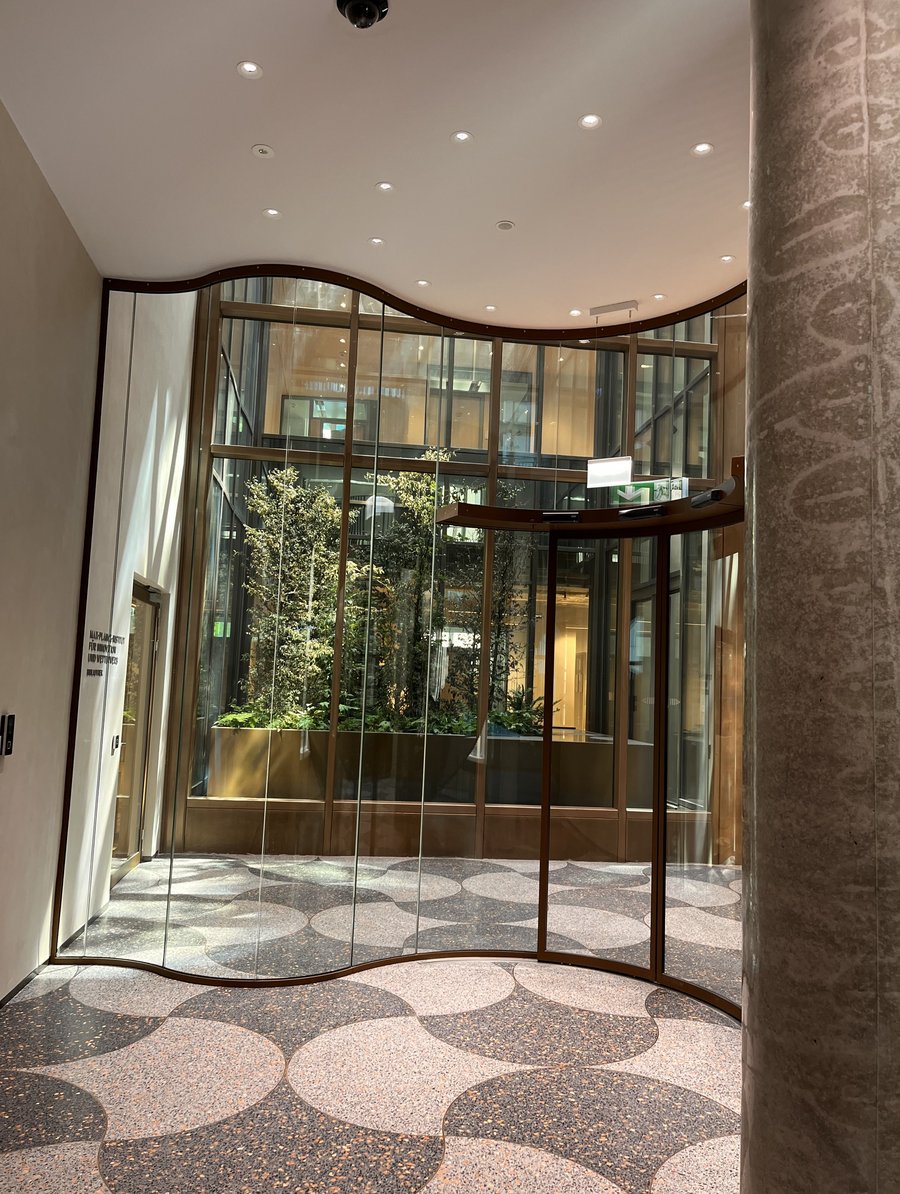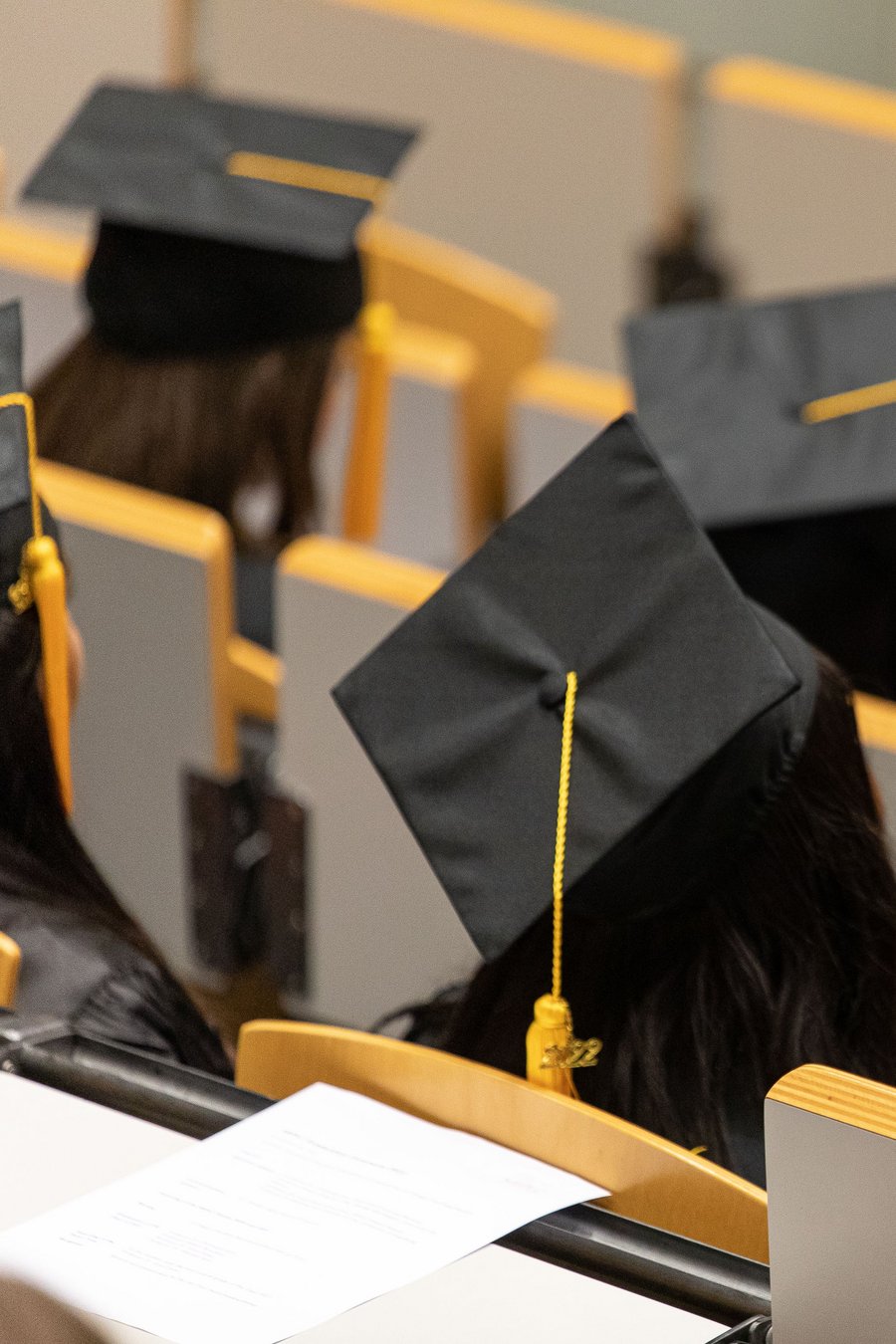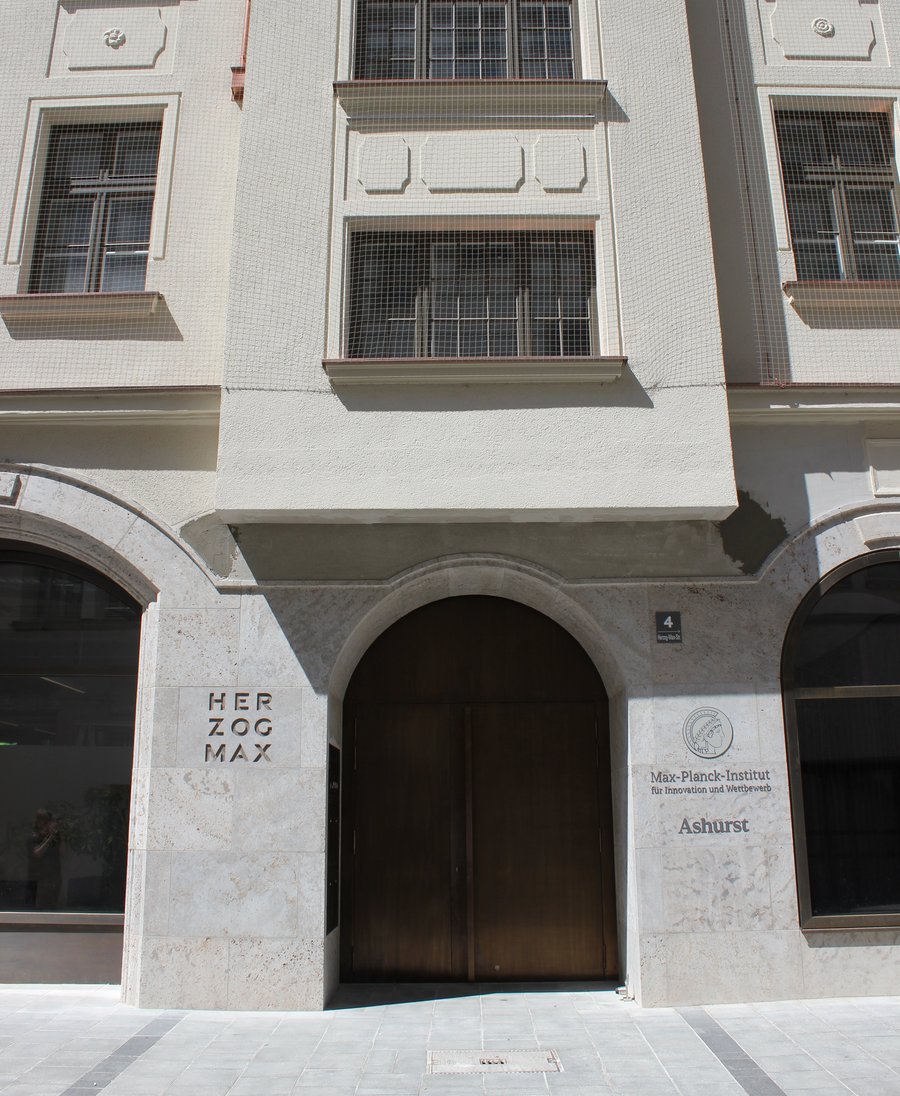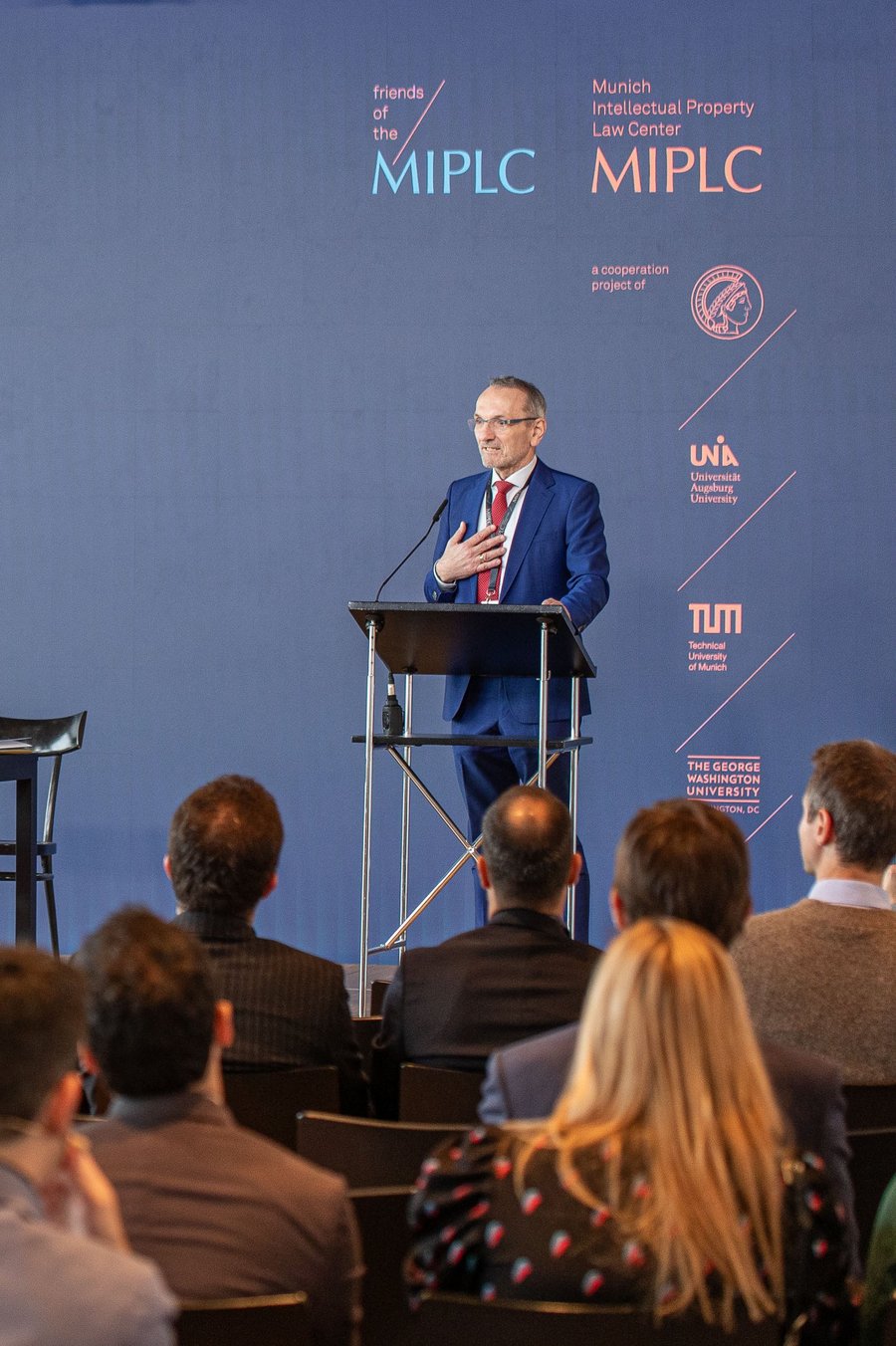| Contact Us | Apply Now |
- LL.M. Program
- Admissions
- Networking & Career
- Research
- News & Events
Explore our LL.M. program, designed to develop leaders in the innovation-driven economy. Our forward-thinking curriculum combines a solid foundation in technology, markets, and law while examining the societal impact of advanced technologies and digital markets. Discover our expert faculty and the unique MIPLC experience.

Join MIPLC's vibrant learning community, where excellence meets diversity. Our curriculum responds to the demand for expertise in legal fields that drive innovation in today's economy. Start your journey to excellence here!

Unlock unparalleled networking opportunities and career pathways at MIPLC. Discover how we connect students with industry professionals, provide access to exclusive events, and pave the way for your future success.

Explore leading-edge research and publications at MIPLC, reflecting our collaboration with the Max Planck Institute for Innovation and Competition. Discover the work of our students, alumni and visiting scholars, driving academic excellence and practical impact.

Uncover the pulse of MIPLC through our News & Events section, featuring workshops, talk series, alumni gatherings, and more. Stay informed and connected with our community's latest highlights!





